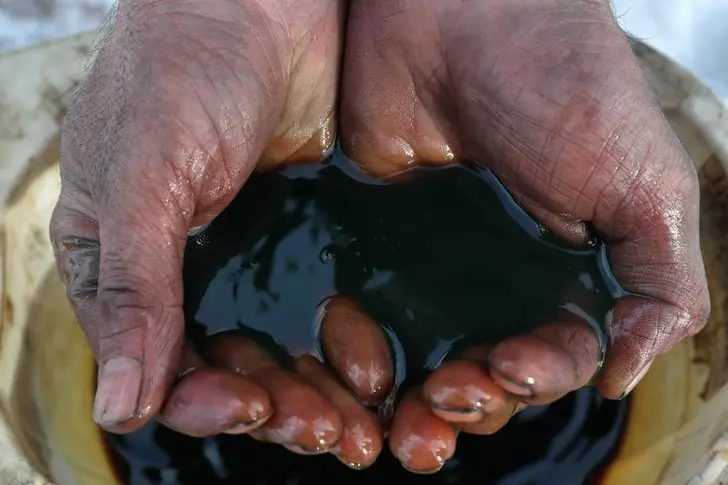PHOTO
LONDON - Big Oil has big problems. BP saw its shares drop 20% in Monday trading, Royal Dutch Shell and Total fell 15%, while Chevron and Exxon Mobil were not much better. All are used to criticism on their climate records, but at their new valuations they are in danger of attracting a different sort of activist.
In January, the majors looked in rude health. Brent futures hit $70 a barrel, way above the $50 a barrel level at which they can, on average, cover their capital investment plans and dividends with operating cash flow. In March, with oil prices at $35 a barrel due to Saudi Arabia’s new price war, they will have to cut their capex plans, costs, and possibly even their meaty dividends. That’s probably why Shell’s shares now yield over 10% measured against their expected 2020 dividend, compared to a 10-year average of 5.8%.
Some are better placed to weather the storm. Net debt at Chevron, fresh from deciding not to buy Anadarko Petroleum last year, is about 10% of total capital, compared to three times that at BP, which recently acquired BHP’s, shale assets. But all share the same problem: how to get their carbon emissions down to net zero by 2050, the target required to limit global warming to 1.5 degrees Celsius.
That transition looked doable when oil prices were higher. Flush with cash, companies could invest heavily in renewable projects, even if their current spend looks modest. UBS analysts estimate the sector needs to spend roughly $15 trillion of cash on capital projects by 2050, and of that just $5 trillion can go to fossil fuels if climate targets are to be hit, leaving a $10 trillion gusher for green investments. The snag now is that there is less cash to be spent.
That leaves Big Oil in a fix. Last month Legal & General Investment Management questioned the idea that the sector could reinvent itself and instead advocated a strategy of “managed decline”, whereby ailing majors consolidate and effectively place themselves in run-off. The $20 billion of capex annually spent by Shell, for example, could instead end up in shareholders’ pockets. Barring a rapid recovery, such managed decline now looks hard for chief executives to resist. The collapse in oil prices, and companies’ shares, means that activists have a new reason to dive in.
CONTEXT NEWS
- Shares in major oil companies fell sharply on March 9 after oil futures suffered their biggest daily fall since 1991 on fears of a Saudi Arabia-led price war.
- Saudi slashed its official selling price on March 7 and announced plans to raise crude production significantly, following a failure to agree new supply cuts with Russia. Brent crude futures were down $9.33, or 21%, at $35.94 a barrel by 0900 GMT on March 9, while U.S. West Texas Intermediate crude was down $9.15, or 22%, at $32.13.
- As of 1327 GMT on March 9, BP was down by 21%, while Royal Dutch Shell and France’s Total were down 14% and 13% respectively.
(Editing by Neil Unmack and Oliver Taslic)
© Reuters News 2020




















